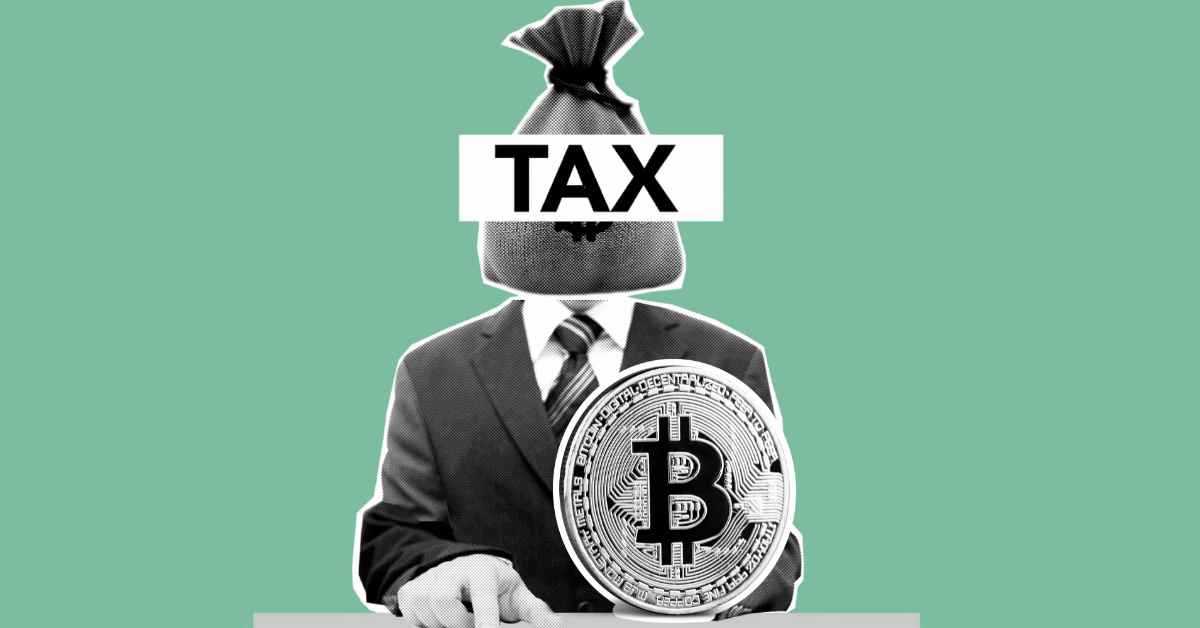
Understanding the New IRS Decision
The Internal Revenue Service (IRS) has recently announced a temporary tax relief for cryptocurrency users who utilize centralized exchanges. This initiative is designed to ease the transition to more stringent tax regulations that are set to take effect in 2025. The primary goal of this relief is to offer cryptocurrency holders more flexibility, potentially saving them from incurring higher tax liabilities. Analysts suggest that this policy shift may be influenced by the evolving political landscape, aiming to simplify the complexities faced by crypto investors.
Avoiding Higher Taxes with Flexible Rules
According to tax expert Shehan Chandrasekera, who shared insights on social media, the IRS’s temporary tax relief is a positive development for crypto investors. Starting January 1, 2025, new regulations under Section 6045 will come into play. These rules will automatically apply the FIFO (First-In, First-Out) accounting method for crypto transactions unless an alternative approach, such as HIFO (Highest-In, First-Out) or Specific Identification, is chosen. The FIFO method requires selling the oldest assets first, which could result in increased taxable gains, especially when older purchases have lower costs.
The temporary relief, however, allows cryptocurrency holders to sidestep this default FIFO rule. In 2025, instead of being constrained by FIFO, taxpayers can leverage their records or tax software to identify specific assets sold. This flexibility is particularly advantageous in bullish market conditions, where FIFO might inadvertently escalate capital gains.
What Does This Mean for You?
For crypto investors, this change represents a significant easing of the burden associated with calculating capital gains for the 2025 tax year. It could be transformative for many within the crypto community, making tax compliance less daunting. Between January 1, 2025, and December 31, 2025, crypto holders can use personal documentation or software to record their sales, effectively bypassing the compulsory FIFO accounting method.
However, from January 1, 2026, onwards, users must officially select an accounting method with their broker or revert to FIFO. Tax professionals advise aligning your broker’s accounting settings with your tax software to ensure consistency in your records, which is crucial for accurate tax filing.
Fortunately, taxpayers do not need to file any special paperwork with the IRS to take advantage of this relief, as it is automatically applied. Nonetheless, in 2026, proactive selection of your preferred accounting method on your centralized exchange will be necessary to maintain control over your tax strategy.
Global Implications and Future Considerations
While the United States is moving towards simplifying crypto tax policies, other countries, such as Russia, are also contemplating the adoption of cryptocurrencies to navigate US sanctions. It is crucial to stay informed about crypto regulations worldwide to make well-informed decisions this year. Keeping an eye on these policy changes will enable you to adapt your investment and tax strategies effectively in the evolving landscape.






